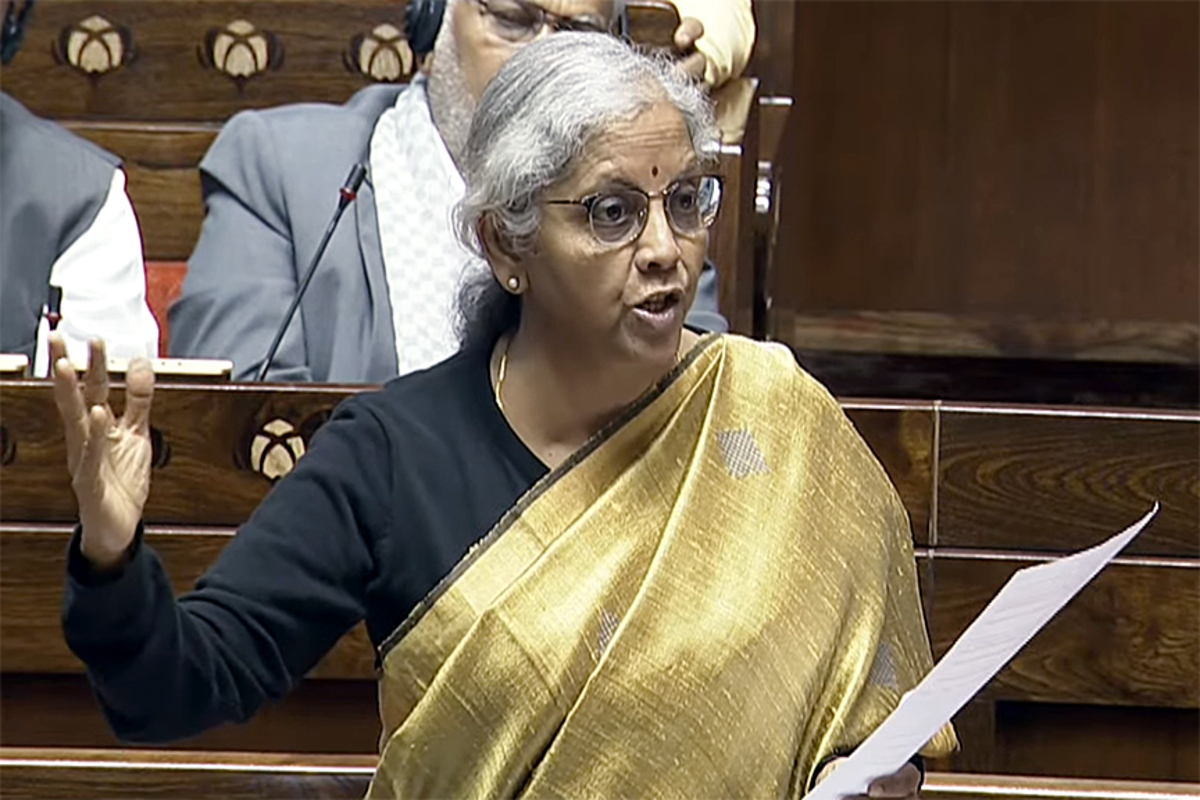Impact of BJP’s decisive victories in the recent Assembly elections was evident when Parliament met for its winter Session last week. Its two Houses passed Bills and had healthy discussions in which the Opposition too participated in large numbers, unlike previous sessions. Disruptions had become routine at the beginning of any session. They were missing this time.
The Government was confident, and the Opposition prudent not to put the apex legislature under pressure to transact business in a rushed manner. The Opposition had an occasional point to raise but there was no major confrontation, until the expulsion of Trinamul Congress (TMC) member Mahua Moitra from the Lok Sabha on Friday.
Advertisement
The expulsion was done on the recommendation of the Lok Sabha’s Ethics Committee which found her guilty of unethical conduct. Parliamentary Affairs Minister Pralhad Joshi moved a resolution that her continuance as Lok Sabha member was untenable in view of the Committee’s report and it was adopted after a walk-out by the Congress-led Opposition.
Speaker Om Birla said the House had to take harsh decisions to maintain its dignity and the high standards it had set in the last 75 years. Speakers from the Congress, Mr Manish Tewari, and the Trinamul Congress, Mr Kalyan Banerjee, said the House was not following the principles of natural justice by denying Ms Moitra a chance to speak on the case against her. The Speaker recalled that his predecessor, Somnath Chatterjee, had expelled 10 members of the House without giving them a chance to speak in the House. The tradition was that accused members were given a chance to appear before the House inquiry committee to give their defence and this was followed this time also.
The Opposition members raised various points that the House had no powers to expel a member; it could only suspend a member. They said there was a flaw in the procedure followed by the inquiry committee headed by Mr Vinod Kumar Sonkar. The Committee did not call for personal evidence the businessman on whose affidavit the case against Ms Moitra rested. Dr Heena V Gavit spoke for the Treasury Benches and said, apart from the unethical conduct of the member, she had violated all norms MPs were expected to follow for uploading their questions for replies in Parliament. The entire process of inquiry and punishment was quick and decisive, though it curtailed the term of a sharp and vocal woman member of the House.
The Lok Sabha passed the Jammu and Kashmir Reservation (Amendment) Bill, 2023 and the Jammu and Kashmir Reorganisation (Amendment) Bill, 2023 after two days of debate. The Reservation Bill sought to amend the Act on reservation in jobs and admission in professional institutions to members of Scheduled Castes, Scheduled Tribes, and other socially and educationally backward classes.
Making a change in description, the Bill substitutes “weak and under-privileged classes” with “other backward classes” as declared by the Union Territory (UT) of Jammu and Kashmir. The Reorganisation Bill seeks to increase the total number of seats in the UT Assembly from 83 to 90, including two for those who migrated from Kashmir in 1989, who were mainly Kashmiri Pandits, and one for those who migrated from Pak-occupied Kashmir in 1947 or subsequent conflicts.
The Opposition seized the opportunity to revive its arguments against the abrogation of Article 370. The government got a chance to detail how Kashmir had become a transformed land after the Article’s abrogation. Home Minister Amit Shah brought in the perspective explaining how Article 370 was one of the blunders committed by then Congress prime minister Jawaharlal Nehru, who unnecessarily took the Kashmir issue to the UN. A sizable part of Kashmir now called the Pak-occupied Kashmir would have been part of India if Nehru had not ordered a ceasefire when the Indian Army was advancing. In his comprehensive reply to the debate, Shah said the Government’s zero terror policy was paying rich dividends; the first cinema hall revived in 2021 and there were loan proposals for 100 more, while two crore tourists had visited Kashmir this year.
The Rajya Sabha had a three-day “short duration discussion” on the economic situation of the country and Finance Minister Nirmala Sitharaman replied to it with impressive data on current rate of growth, and exports of Made in India goods.











